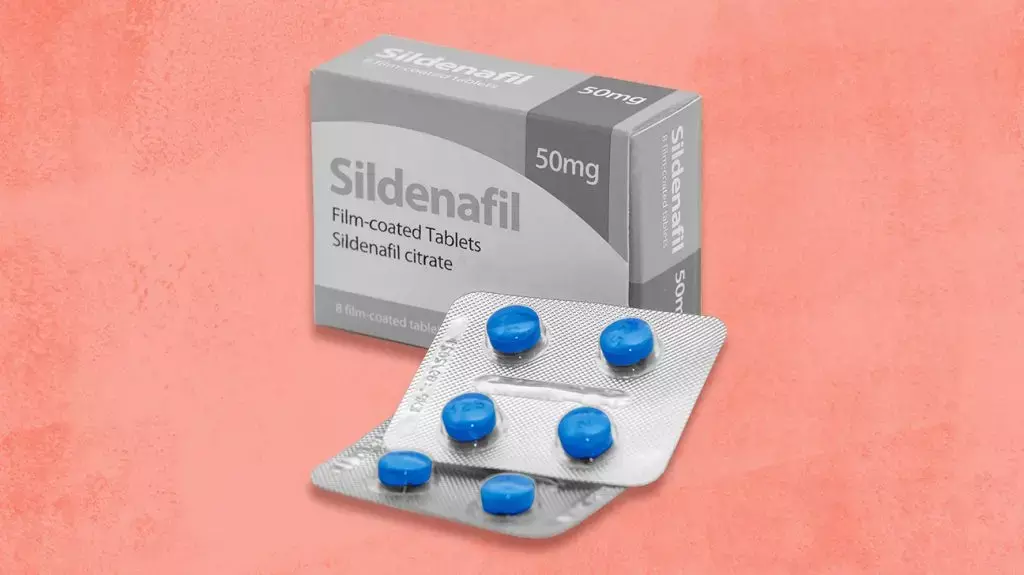- Home
- Medical news & Guidelines
- Anesthesiology
- Cardiology and CTVS
- Critical Care
- Dentistry
- Dermatology
- Diabetes and Endocrinology
- ENT
- Gastroenterology
- Medicine
- Nephrology
- Neurology
- Obstretics-Gynaecology
- Oncology
- Ophthalmology
- Orthopaedics
- Pediatrics-Neonatology
- Psychiatry
- Pulmonology
- Radiology
- Surgery
- Urology
- Laboratory Medicine
- Diet
- Nursing
- Paramedical
- Physiotherapy
- Health news
- Fact Check
- Bone Health Fact Check
- Brain Health Fact Check
- Cancer Related Fact Check
- Child Care Fact Check
- Dental and oral health fact check
- Diabetes and metabolic health fact check
- Diet and Nutrition Fact Check
- Eye and ENT Care Fact Check
- Fitness fact check
- Gut health fact check
- Heart health fact check
- Kidney health fact check
- Medical education fact check
- Men's health fact check
- Respiratory fact check
- Skin and hair care fact check
- Vaccine and Immunization fact check
- Women's health fact check
- AYUSH
- State News
- Andaman and Nicobar Islands
- Andhra Pradesh
- Arunachal Pradesh
- Assam
- Bihar
- Chandigarh
- Chattisgarh
- Dadra and Nagar Haveli
- Daman and Diu
- Delhi
- Goa
- Gujarat
- Haryana
- Himachal Pradesh
- Jammu & Kashmir
- Jharkhand
- Karnataka
- Kerala
- Ladakh
- Lakshadweep
- Madhya Pradesh
- Maharashtra
- Manipur
- Meghalaya
- Mizoram
- Nagaland
- Odisha
- Puducherry
- Punjab
- Rajasthan
- Sikkim
- Tamil Nadu
- Telangana
- Tripura
- Uttar Pradesh
- Uttrakhand
- West Bengal
- Medical Education
- Industry
Sildenafil can strongly suppress Ventricular Arrhythmias, finds study

Sildenafil marketed as Viagra and used for treating sexual impotence, can strongly suppress abnormal heart rhythms known as ventricular arrhythmias in animal studies according to University of Manchester scientists.
The study, published in Circulation Research could have important implications on the management of the condition on humans.
Sildenafil acutely suppresses Ventricular Arrhythmias by reducing SR Ca2+ content.
The drug was able to suppress an arrhythmia called Torsades de Pointes within 90 seconds by reducing the frequency of irregular heart rhythms caused by abnormal handling of calcium in female sheeps.It also reduced the probability of Torsades de Pointes, which can lead to sudden cardiac death. The research team believe that the drug could treat other arrythmias as well.
Cardiac arrhythmias often follow a heart attack, or occur as a result of heart disease can lead to symptoms including palpitations, breathlessness, fainting and sometimes sudden death.
The researchers aimed to determine the effects of PDE5 inhibition on the propensity for ventricular arrhythmias in a pro arrhythmic large female sheep model and establish the role of alterations of intracellular Ca2+ cycling/SR Ca2+ content.
In female sheep the drug was able to suppress an arrhythmia called Torsades de Pointes within 90 seconds by reducing the frequency of irregular heart rhythms caused by abnormal handling of calcium. It also reduced the probability of Torsades de Pointes, which can lead to sudden cardiac death. However, the researchers believed the drug could treat other arrhythmias as well.
PDE5 (phosphodiesterase 5) inhibition reduces the occurrence of ventricular arrhythmias following myocardial ischemia. However, the mechanisms of the antiarrhythmic effects of PDE5 inhibition are unknown. Diastolic calcium (Ca2+) waves lead to arrhythmias by inducing delayed afterdepolarizations (DADs). Ca2+ waves are initiated when sarcoplasmic reticulum (SR) Ca2+ content reaches a threshold level and the SR releases Ca2+ spontaneously and generates a depolarizing inward sodium-calcium exchange current.
The researchers found that:
- PDE5 inhibition reduced beat-to-beat variability of repolarization and suppressed afterdepolarizations, premature ventricular complexes, and torsade de pointes in vivo.
- In single cells, dofetilide-induced delayed after after depolarizations and triggered action potentials were suppressed by PDE5 inhibition.
- PDE5 inhibition decreased Ca2+ wave frequency in all cells and abolished waves in 12 of 22 cells.
- A decrease in SR Ca2+ uptake increased trans-sarcolemmal Ca2+ efflux, and reduced trans-sarcolemmal Ca2+ influx led to a reduction of SR Ca2+ content and Ca2+ wave abolition.
- These effects were dependent on PKG activation.
Thus, the researchers concluded that PDE5 inhibition via Sildenafil acutely suppresses triggered ventricular arrhythmias in vivo and cellular data suggests this occurs via suppression of cellular Ca2+ waves. These novel antiarrhythmic properties of PDE5 inhibition is mediated by a reduction of SR Ca2+ content and are PKG dependent.
Dr David Hutchings a lecturer at The University of Manchester and paper's lead author said: "Not only has this study demonstrated that Viagra has a powerful antiarrhythmic effect on living heart tissue, our cell studies have also uncovered the mechanism by which this happens.
"Though we studied the effect in sheep, we believe this discovery is likely to be relevant humans: the humans heart is a similar size to a sheep's, as is its anatomy and associated electrical circuitry."So this discovery could one day unleash the potential for effective treatment on what can be a devastating problem.
Reference:
PDE5 Inhibition Suppresses Ventricular Arrhythmias by Reducing SR Ca 2+ Content by Hutchings D et. al published in the Circulation Research.
DOI: 10.1161/CIRCRESAHA.121.318473
Dr. Shravani Dali has completed her BDS from Pravara institute of medical sciences, loni. Following which she extensively worked in the healthcare sector for 2+ years. She has been actively involved in writing blogs in field of health and wellness. Currently she is pursuing her Masters of public health-health administration from Tata institute of social sciences. She can be contacted at editorial@medicaldialogues.in.
Dr Kamal Kant Kohli-MBBS, DTCD- a chest specialist with more than 30 years of practice and a flair for writing clinical articles, Dr Kamal Kant Kohli joined Medical Dialogues as a Chief Editor of Medical News. Besides writing articles, as an editor, he proofreads and verifies all the medical content published on Medical Dialogues including those coming from journals, studies,medical conferences,guidelines etc. Email: drkohli@medicaldialogues.in. Contact no. 011-43720751


